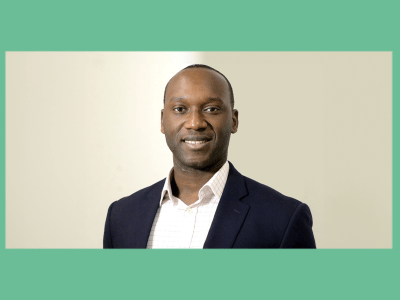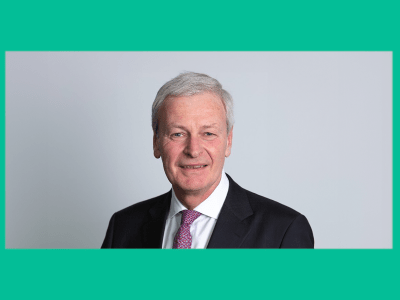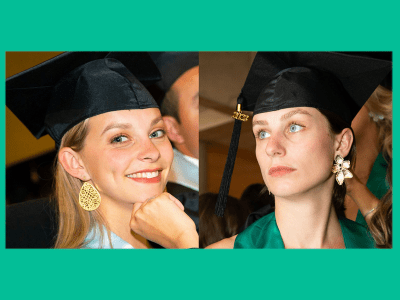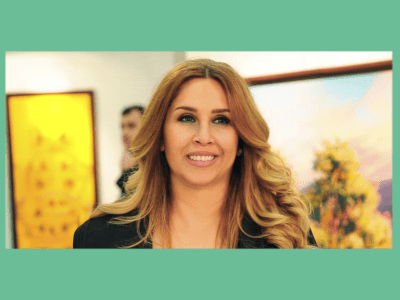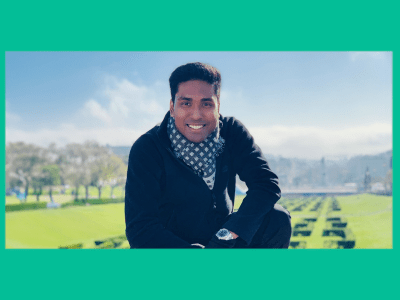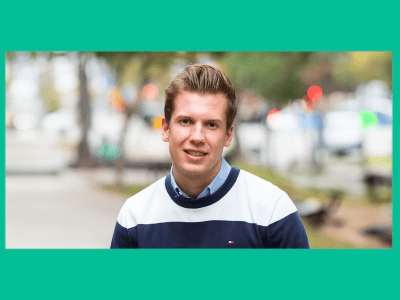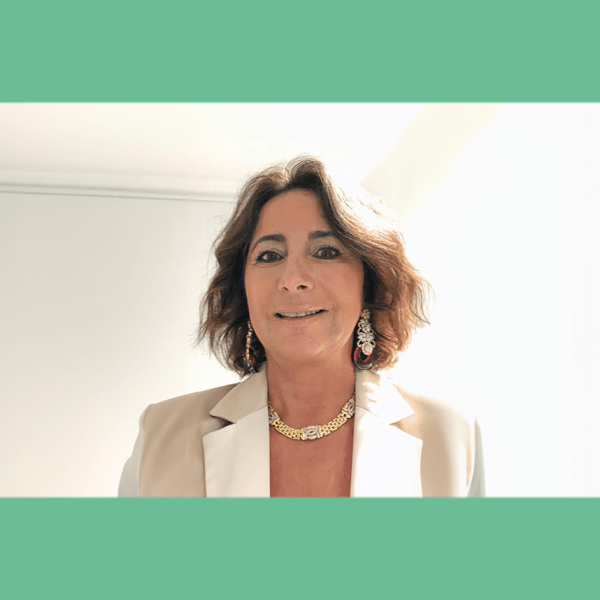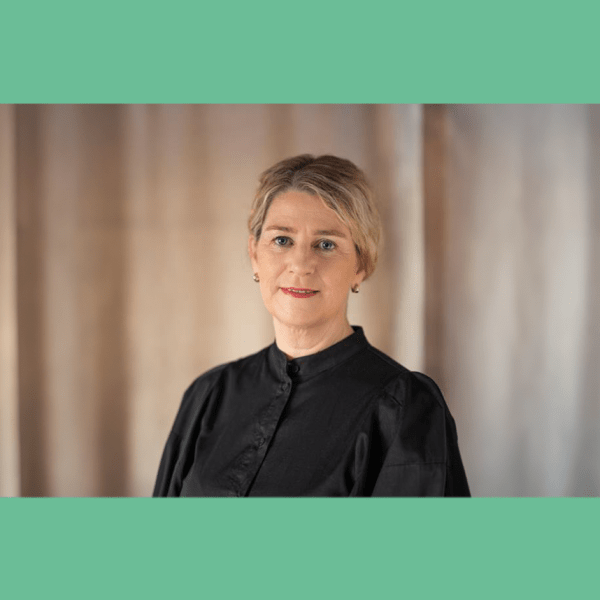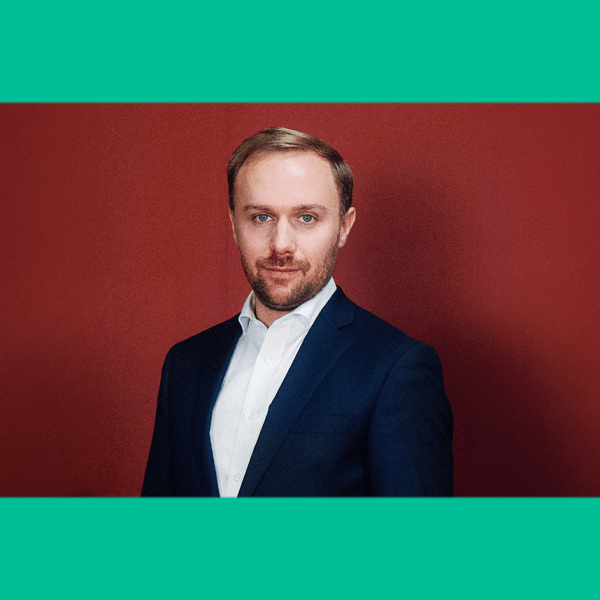“Networking is all about building that authenticity and that genuine connection with someone you look up to” – Lynn Yu, CEO of Jason Wu
We were privileged hear from Lynn Yu, CEO of global fashion label Jason Wu, as she joined us from New York City for the latest in our prestigious Learning From Leaders conference series. Lynn, who has worked for other global fashion brands such as Tommy Hilfiger, Jimmy Choo and Chanel, was candid and concise with her advice on networking, perseverance and the power of the brand pyramid in fashion.
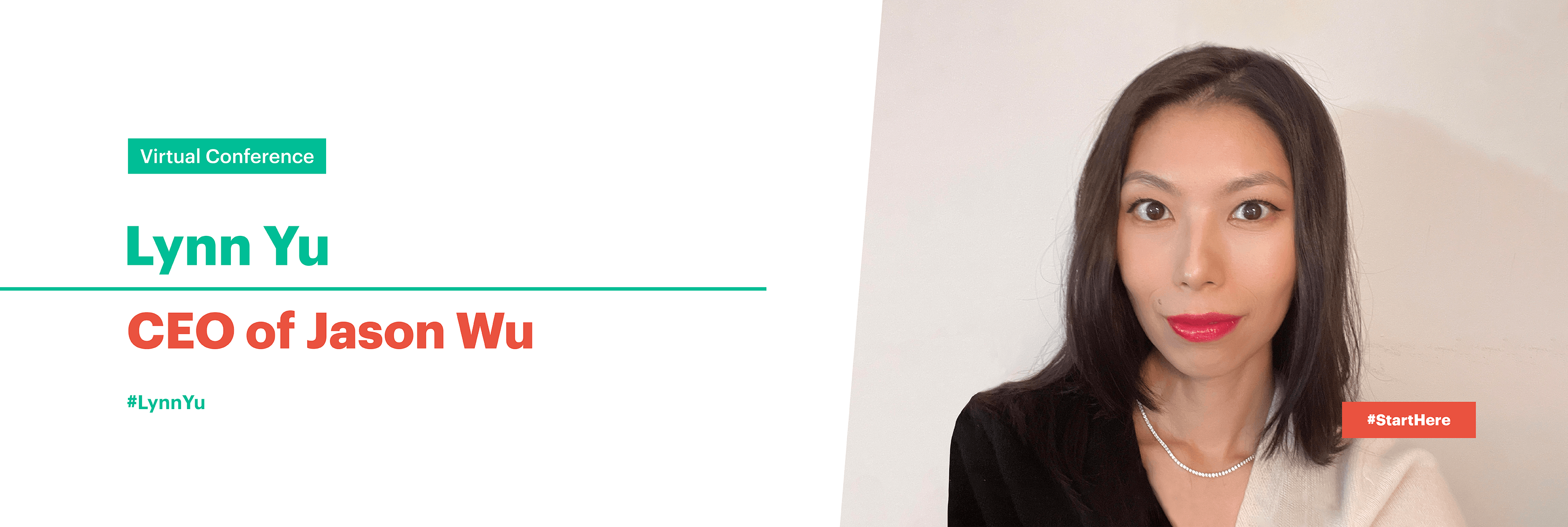
Starting Out: The Power of Networking
Lynn Yu was born in mainland China and moved to the U.S. when she was 14 years old. She always dreamed of working in fashion, even going so far as to mention it in her admissions essay.
While studying at Harvard, Yu made fashion industry connections the old-fashioned way: through cold calling. Not knowing many people in the fashion industry, she utilized Harvard’s expansive network to connect with her sartorial heroes. Her bravery was rewarded; many of the fashion moguls she contacted during this time, including Donna Karan and senior management at Jimmy Choo, became her mentors.
Unsurprisingly, Yu is adamant about the power of connection. “Networking is all about building that authenticity and that genuine connection with someone you look up to,” she said, stressing the importance of cultivating and maintaining these relationships. For example, Yu made significant career moves based on recommendations from her network, which is what lead her to Jason Wu.
When asked what it was like being a young person in such a senior position, Yu said, “It’s especially crucial for you to have a certain level of vision, and conviction in your vision…it’s important to have [other people in the industry] see you as a person with gravitas and poise and a strategic plan that’s very well built-out in order to really command a certain amount of credibility in the industry.” Yu also cautions humility, and stresses that collaboration with experts, rather than top-down management, is extremely important for young corporate leaders.
Adapt and Overcome: How the Jason Wu Brand Weathered the Pandemic With Aplomb
The Jason Wu brand began fourteen years ago as a niche fashion house focusing solely on what Yu calls “American luxury.” Founder Jason Wu wanted to prove that American designers could supplant old European couture houses as signifiers of luxe living. “Jason was very determined to break that tradition and fuse some elements of American sportswear with European couture craftsmanship.” Since then, “We’ve sort of built out our brand pyramid in a way that we’re not only well-represented in the luxury world, but also equally developed in the contemporary space, as well as the mass space.” Jason Wu now has three labels to accommodate this market breadth: Jason Wu Collection at the highest level, Jason Wu occupying the contemporary space, and J. Jason Wu at a mass price point. Yu identifies this structure as a brand pyramid, with the highest-end products at the top and the mass-market items forming the base. Jason Wu has also recently expanded into beauty and homeware lines, and Yu plans to roll the brand out even further.
In response to a student question about whether mass-market availability damages the appeal of a luxury brand, Yu said, “The short answer is ‘no,’ but it has to be very skillfully done.” She went on to outline two ways to use this kind of distribution structure and still protect the integrity of the brand: “One, make sure that Communications is always putting the spotlight on the luxury sphere.” Secondly, “Make sure that whatever you develop at a mass level is not a watered-down version of your best, most iconic sellers at the luxury level.”
Due to the nature of their work, it was not feasible for the Jason Wu staff to be fully remote throughout the pandemic, so they shifted towards a hybrid workflow model. This new idiom seems to be working—Jason Wu was the only brand to open both New York Fashion Week (NYFW) with live runway collections, of course respecting social distancing and strict COVID-19 testing. “We’re happy to be the ‘last man standing,’ if you will, that really supported New York Fashion Week,” Yu said. Fashion lovers will be pleased to know that Jason Wu plans to show its collection again at this upcoming September’s NYFW, and Yu hopes this time they’ll be joined—safely—by other designers.
Yu identified an acceleration in ecommerce sales during the pandemic. She does not anticipate this trend to disappear even as the world returns to normalcy, calling e-commerce a “lifeline” for many brands. When asked by host Vanham why shoppers returning to brick-and-mortar establishments were so keen to seek out luxury brands first, Yu used China’s economic re-opening as an example of “revenge shopping”: “There were people lining up outside the doors of Chanel and other luxury brands… even though some of these brands actually had price increases during the pandemic to raise their margins. But people…were very hungry for any kind of luxury, or anything that would sort of relieve some of the stress coming from the pandemic.” Yu points out that U.S. retail sales in March rose overall by 9.8%; Jason Wu’s data showed a similar upward trend. She hopes this rebound pattern will continue.
Global Influences, Global Goals
Lynn Yu and Jason Wu are both native Mandarin speakers with ties to China, which Yu claims gave them a sense of responsibility towards establishing the brand in that market. “We’re actually very happy to report that last July we were able to open our first global flagship at the IFC Mall in Shanghai.” For those unfamiliar, the IFC Mall boasts over one hundred and eighty flagship stores, including brands such as Chanel, Burberry, and Prada, among other high-end entertainments. Jason Wu’s second Shanghai location opened at the Kerry Centre just a week before this interview. Yu plans to expand the brand further in China, which she predicts will eventually be the number-one country for luxury goods consumption. “Even pre-COVID, China’s power was already undisputed in the fashion industry, and that’s been further cemented as the pandemic started… So, we certainly hope we’ll able to leverage our cultural affinity to further build out our presence in the market.”
The identity of the Jason Wu brand, however, remains rooted in classic American luxury. “Jason’s designs are built for women who appreciate craftsmanship… It’s really about sharing that appreciation for the finer things in life.”
Yu went on to compliment Wu’s design process, adding that he is very focused on his customers’ needs and experiences. “I think he definitely dresses the woman in a way that she would like to feel.” She also reminded the audience that Jason Wu rose to prominence as Michelle Obama’s favorite designer and worked with her over fifty times. In addition, she cites Wu’s superior technique and multicultural background as particular trademarks of his work. “His mood board has elements from East and West,” she said, adding that the upcoming resort collection is inspired by cosmopolitan Shanghainese women of the 1920s and 1930s.
Advice for Aspiring Fashion Moguls
According to Yu, it is not necessary to have an educational background in fashion to work in the industry. “I think it’s fairly safe to say that that is a myth; that you have to start as an intern and work your way up… if you have the passion, you should be able to find your way here.” .
Yu stressed that anyone working in this sector must be adaptable. “Fashion as an industry is inherently fickle…It’s driven by trends, it’s seasonal…so there is certainly this need to constantly evolve as time goes on, and to be a leader of dictating trends.” She cites accommodating COVID logistics as an example of this necessary flexibility.
Ms. Yu recommends that anyone wishing to rise to a C-level position in a competitive industry to develop the thickest skin possible, learn how to network effectively, and continuously advocate for yourself. Yu believes strongly in the possibility and power of opportunity and encourages students to watch out for any coming their way. “Opportunities don’t wait for the right time,” she said, “You just have to jump on [them].”
At EU Business School, we have been educating the entrepreneurs and business leaders of tomorrow since 1973. Join our multicultural and diverse community to gain the knowledge, skills and mindset to excel in the workplace of the future!

